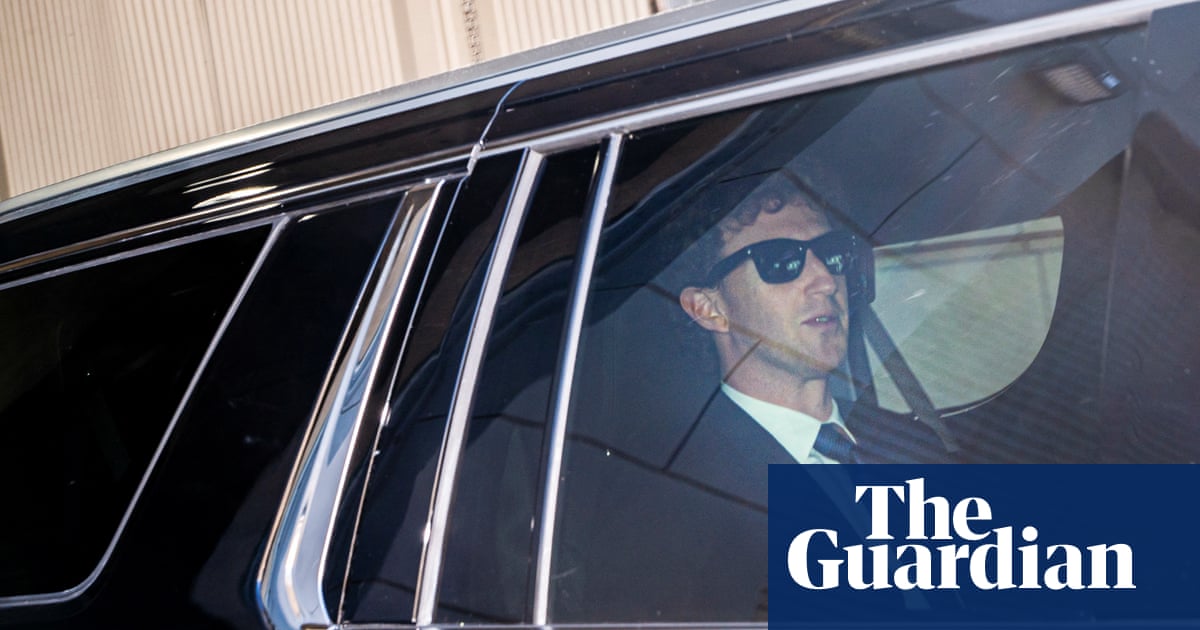Photo credit: www.theguardian.com
Recent court documents revealed that Meta’s CEO Mark Zuckerberg contemplated the possibility of spinning off Instagram in 2018, partly in anticipation of a potential antitrust lawsuit. This revelation emerged during a ongoing trial in Washington, leading to increased scrutiny of Meta’s business practices.
Zuckerberg’s internal email from that time highlighted his belief that breaking apart certain segments of the company could yield better performance outcomes, stating, “the corporate history is that most companies actually perform better after they’ve been split up.” He expressed concern that there was a significant likelihood that Meta would need to separate Instagram and WhatsApp regardless.
Additionally, during his testimony, Zuckerberg admitted that he decided to acquire Instagram primarily due to its superior camera capabilities compared to the features Facebook was developing for its own app. He described Instagram as a “rapidly growing, threatening network,” a comment that seems to support the U.S. antitrust allegations suggesting that Meta has employed a strategy of “buy or bury” to eliminate competition and maintain its market dominance.
This testimony took place on the second day of a consequential trial where the U.S. Federal Trade Commission (FTC) is attempting to reverse Meta’s acquisitions of Instagram, which was bought for $1 billion, and WhatsApp, purchased for $19 billion. This case stems from actions initiated during Donald Trump’s administration and is perceived as a significant test of the government’s commitment to regulating major technology firms.
In response to a question from an FTC attorney regarding Instagram’s potential threat to Meta, Zuckerberg noted that he regarded Instagram’s camera platform as superior to Facebook’s ongoing development efforts. He elaborated on the process of evaluating a “build versus buy” decision, ultimately concluding that acquiring Instagram was the best course of action.
The Meta CEO further acknowledged that many attempts by the company to develop its own applications have not been successful, stating, “Building a new app is hard.” He reflected on the numerous projects the company has pursued over the years, with most failing to gain traction.
Zuckerberg’s insights come in the wake of significant revelations from Facebook’s internal communications, including a 2008 email in which he suggested that acquiring competitors was a preferable strategy over direct competition.
Meta is countering the FTC’s claims by arguing that the regulatory body has inaccurately defined the social media landscape and overlooked the intense competition posed by platforms like TikTok, YouTube, and Apple’s messaging services. The FTC contends that Meta holds a dominant position in the market for platforms facilitating content sharing among friends and family, where it sees Snap’s Snapchat and privacy-focused app MeWe as its primary rivals.
Moreover, the FTC argues that social media platforms designed for content broadcasting based on specific interests, including TikTok, YouTube, X, and Reddit, do not serve interchangeable roles, thus complicating the competitive landscape.
Source
www.theguardian.com

